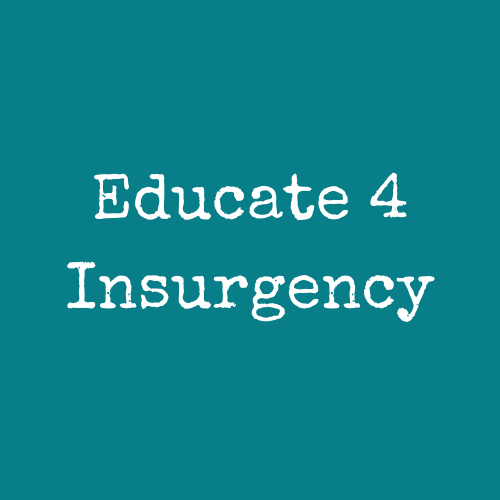We vastly underestimate the underlying need for cash that students in poverty face every day.
Young people themselves are clear on this need. They are always looking for a way to pick up some money, a job, a hustle, a friend with money, a relative with a little extra.
But young people think of this as a private problem that is their own business. They generally don’t think of it as a public problem that they can organize around.
Policy makers and most adults tend to bury our heads in the sand on the question of young people’s need for cash. For middle class families, youth jobs are mainly a question of character building. A summer job is good for a teenager to learn responsibility, to learn the “value of money”, to get a sense of independence and autonomy. The cash in the teen’s pocket relieves parents of the necessity to constantly fork out for allowances and phone bills, but it doesn’t make or break the family budget.
But in families with little or no wealth to fall back on and with generally insufficient income, the income teenagers bring in—not only in the summer, but year-round—is absolutely crucial to well-being.
In fact, young people can’t concentrate on education if their family is economically distressed, and the older they get, the more they understand that the level of the family’s economic stress depends partly on them. Are they contributors, or just drains?
The pandemic has revealed this reality in rather a stark way. Of course, everyone agrees students need to eat if they are going to be able to put effort into school. And everyone agrees that if families aren’t able to provide enough food for all their children, the children need to be fed some other way.
So schools slowly took on more and more of the responsibility for feeding children, and generally, the citizenry thinks this is a good thing.
But the pandemic made feeding children at school problematic, and suddenly it became clear just how desperate the food insecurity problem really is. Does anyone really think that just because a student can get some kind of very basic meal at school in a normal, non-pandemic year, that their anxiety about having enough to eat disappears?
No. The same panic that is obvious in the pandemic is actually present in the lives of the young people and their families in every “normal” year, too. Food insecurity, and housing insecurity, and health care insecurity, are constant, grinding, and overwhelming always.
Learning does not depend on a few handouts to children in poverty. Learning requires actual security.
And security depends concretely on having enough family income to actually meet all of the family’s needs.
This is one of the reasons that paying young people for sharing their knowledge with their peers is so important. They need cash, lots of it, year-round in order to be able to concentrate on their education.
